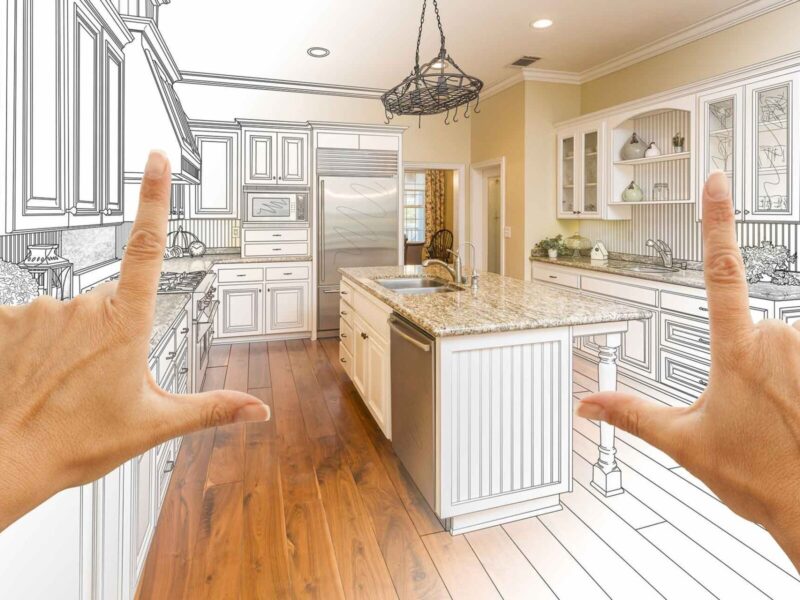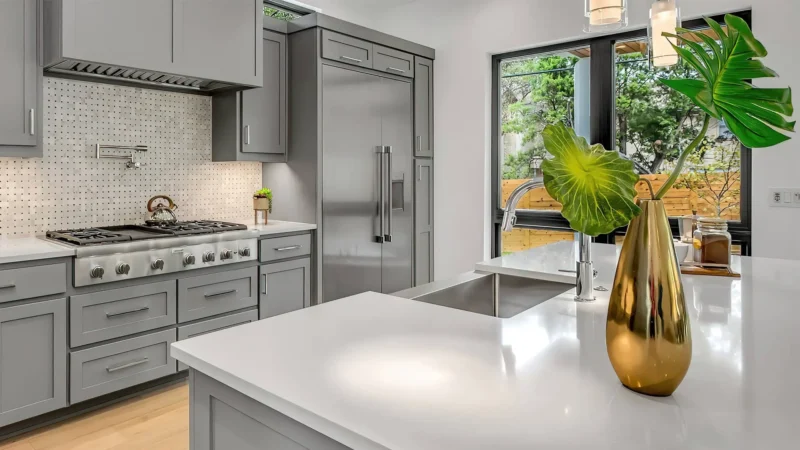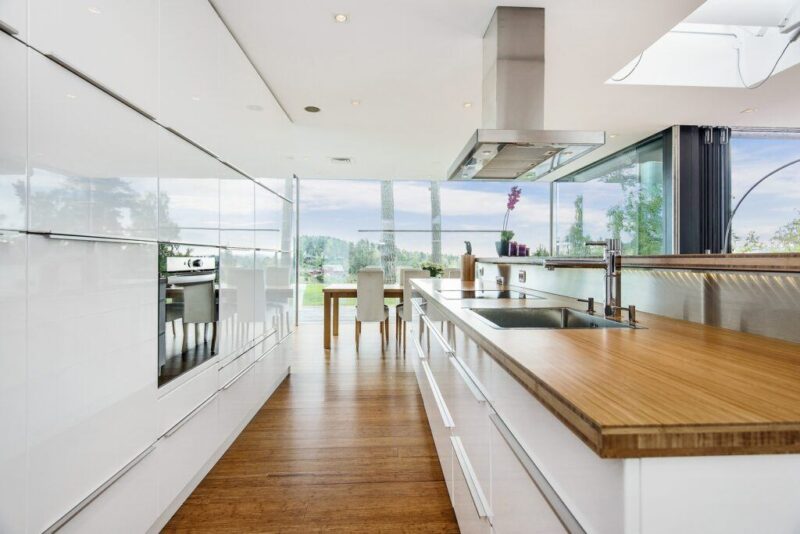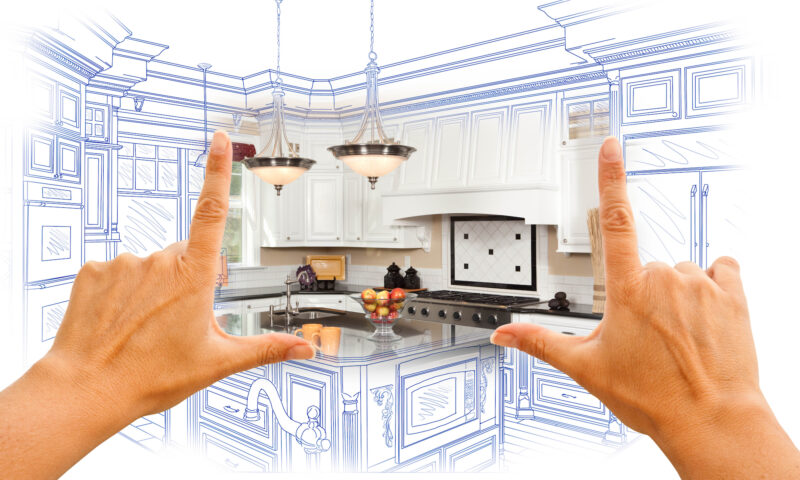Embarking on a kitchen renovation is a significant undertaking. It requires careful planning, decision-making, and an understanding of what you want to achieve. Whether you’re looking to update a few key areas or planning a complete transformation, having a well-thought-out plan is crucial. This guide aims to help you navigate the process, from setting realistic goals to choosing the right design, ensuring your kitchen renovation journey is as smooth and successful as possible.
Understanding Your Vision and Setting Goals

The first step in any kitchen renovation is to clearly define what you want. Think about how you use your kitchen: Do you need a lot of space for cooking, or is your kitchen a gathering place for family and friends? Your daily activities will influence the layout and features you need.
Also, consider the style you prefer. Are you drawn to modern, minimalistic designs, or do you prefer a more traditional look? Use resources like Pinterest or Instagram for inspiration, but remember to tailor these ideas to your unique preferences and the overall style of your home.
It’s important to establish a budget early in the planning process. This should include all costs, such as materials, appliances, labour, and any unexpected expenses. Planning your finances in advance will help guide your decisions and keep your project within realistic limits.
Planning and Designing Your Kitchen Layout
The layout is a critical aspect of your kitchen design. It affects how comfortably you can cook and move around. Consider different layouts like the U-shape, L-shape, or galley, and think about which one would best suit your space and needs. You might also want to consult a kitchen designer who can provide insights on how to best use the available space.
Selecting the materials and finishes for your kitchen allows you to bring your personal style into the space. Consider the look and feel you want to achieve, as well as practical aspects like durability and maintenance, especially for high-use areas like countertops and floors.
Practical Considerations in a Kitchen Renovation

Renovating a kitchen can temporarily disrupt your daily routine. You may have limited access to your cooking space. Practical considerations in a kitchen renovation can often involve the need for additional storage space during the process. If you find yourself in need of a secure and convenient solution to store your kitchen items and appliances during the renovation, consider exploring the self-storage options available. If you’re in London, services like Safestore can be a great option for storing your belongings safely and keeping your home organised.
For significant renovations, you may need to obtain permits and follow local building regulations. This is especially true for structural changes or work involving electrical and plumbing systems. Hiring a professional contractor who understands these requirements can ensure your renovation complies with all necessary regulations.
Selecting the Right Contractor and Team
The success of your kitchen renovation largely depends on the team you choose. Start by seeking recommendations from friends or family who have recently undertaken similar projects. When selecting a contractor, it’s crucial to check their credentials, experience, and past work. Don’t hesitate to ask for references and photos of previous projects. A good contractor will not only bring your vision to life but also help navigate any challenges that arise during the renovation.
Effective communication with your contractor and design team is vital. Be clear about your expectations, budget, and timeline from the start. Regular check-ins throughout the project can help keep everything on track and allow you to address any concerns promptly.
Sustainable Practices and Materials

With growing awareness of environmental issues, more homeowners are choosing sustainable materials and practices for their kitchen renovations. Look for energy-efficient appliances, sustainable materials like bamboo for cabinetry or flooring, and low-VOC paints. These choices not only reduce your environmental footprint but can also lead to savings in energy bills.
During demolition, consider recycling or donating old appliances and cabinetry instead of sending them to landfill. Many organisations accept used kitchen items in good condition. This approach is not only eco-friendly but also supports your community.


